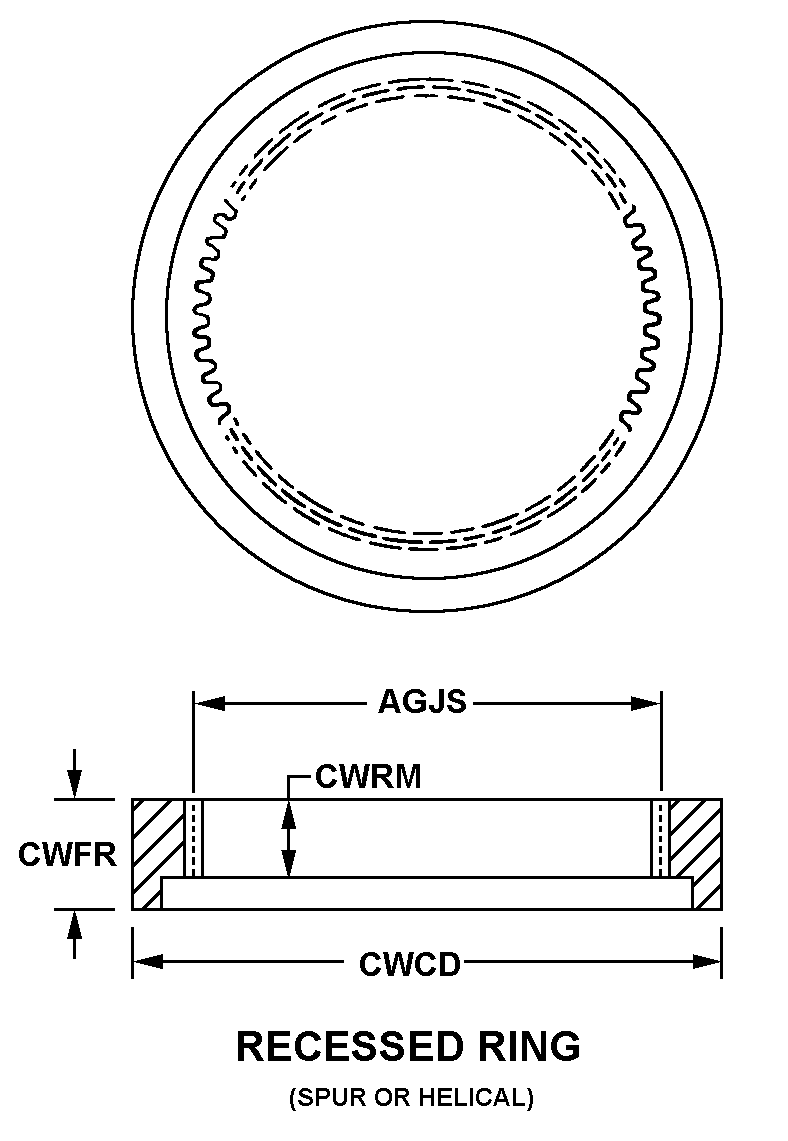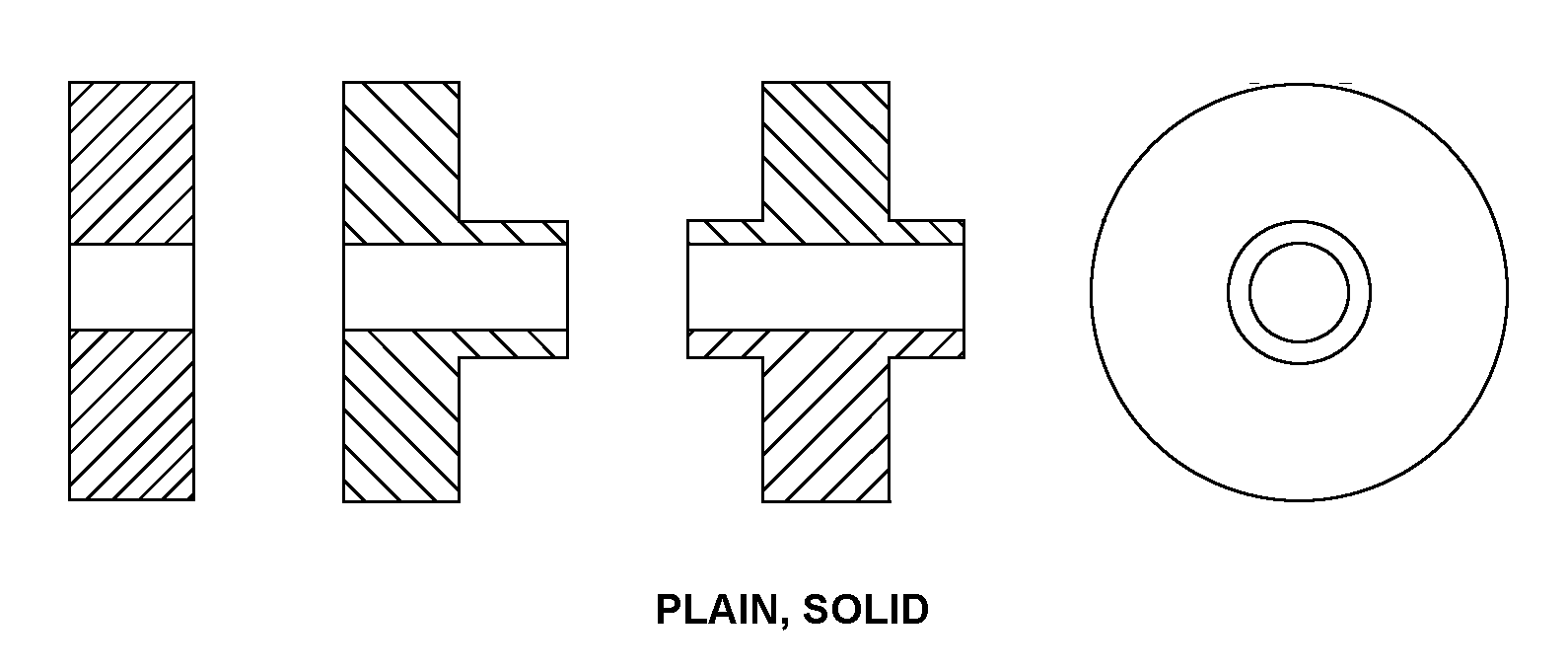3020003996803
Price Quote Get an up to date pricing and availability quote for this product. Order online or over the phone.
Quality Commitment
Serving our customers with quality and safety first.
- AS9120 Certified
- Audited supply chain
- ITAR Registered
- DDTC Registered
- HAZMAT Certified
- Customer service objectives
- Every product 100% inspected

3020-00-399-6803 Specification Set by the OEM (see RNCC code 3)
plain, solid
mounting hole
30.0000in.
300
grade a
alignment hole
unf axially through body, first end
16 axially through body, first end
26.0 rockwell c and 32.0 rockwell c
0.750in. axially through body, first end
1 countersunk axially through body, first end and 12 threaded axially through body, first end
33.9240in.
1.500in.
spur
standard
20.0000 degrees
0.625in.
0.437in. between body and flange
32.888in. between body and flange
0.374in. axially through body, first end
31.389in. axially through body, first end
steel
MIL-S-13048 mil spec single material response
recessed ring
Cross Reference Parts Part numbers that meet the specification outlined on this page and set by the OEM
Identification Item Identification Guide (IIG) and Item Name Code (INC)


Definition Definition of approved item name (AIN): "GEAR,INTERNAL"
A gear with teeth formed on the inner surface of a cylinder or cone.
3020-00-399-6803 Material Hazmat, Precious Metals, Criticality, Enviroment, and ESD
Indicates there is no data in the hmirs and the nsn is in a fsc not generally suspected of containing hazardous materials.
Item does not contain precious metal.
Represents items with no adp components
The item does not have a nuclear hardened feature or any other critical feature such as tolerance, fit restriction or application.
Identification Codes
HMIC: Hazardous Material Indicator Code. A one position code that identifies a hazardous item.
PMIC: Precious Metal Indicator Code. A one position code which identifies items that have precious metals as part of their content. precious metals are those metals generally considered to be uncommon, highly valuable, and relatively superior in certain properties such as resistance to corrosion and electrical conductivity.
ESD: Electrostatic Discharge. Indicates if an item is susceptible to electrostatic discharge or electromagnetic interference damage. electrostatic discharge damage occurs when an accumulation of static electricity generated by the relative motion or separation of materials is released to another item by direct contact. electromagnetic interference damage occurs when an item comes into proximity with an electrostatic or magnetic field.
ENAC: Enviromental Attribute Code. Identifies items with environmentally preferred characteristics.
CRITL: Criticality Indicator Code. Indicates an item is technically critical by tolerance, fit, application, nuclear hardness properties, or other characteristics.






